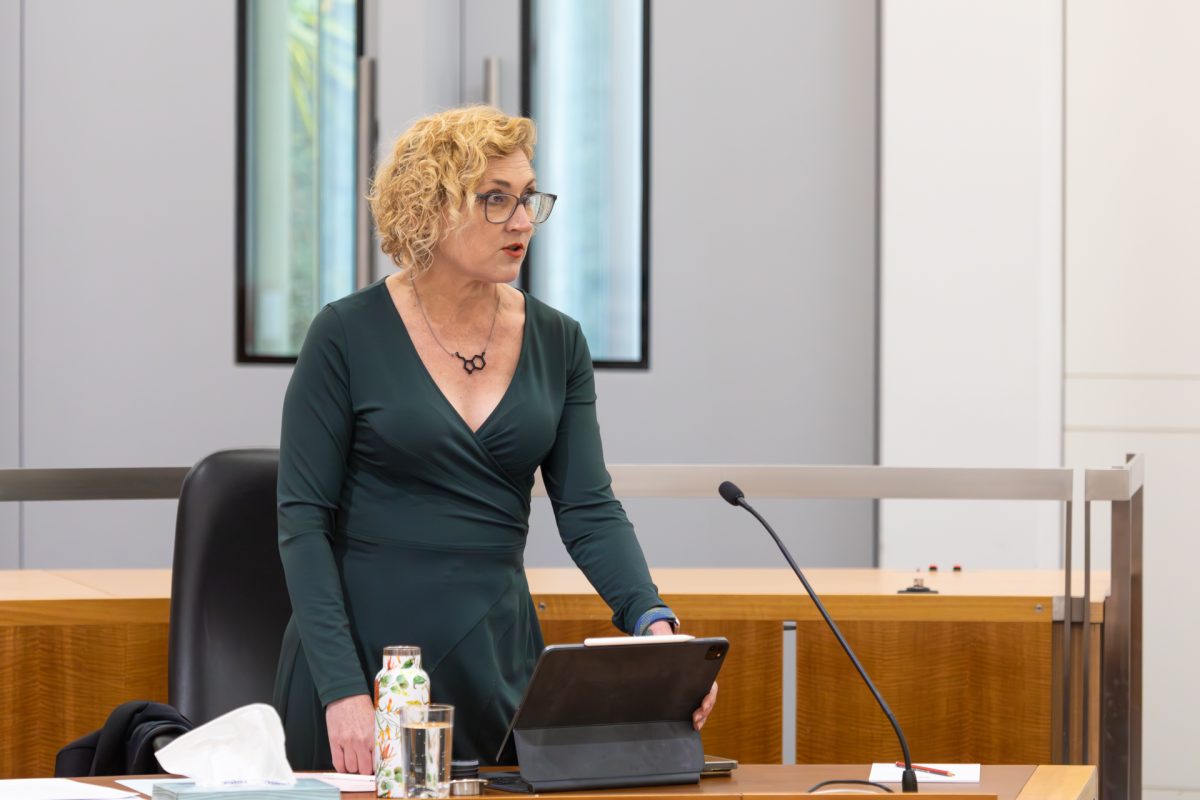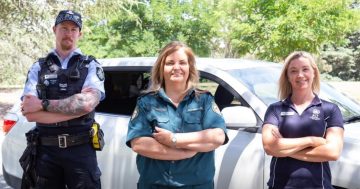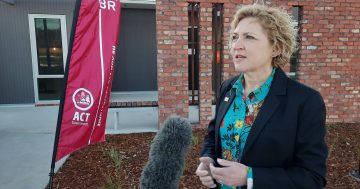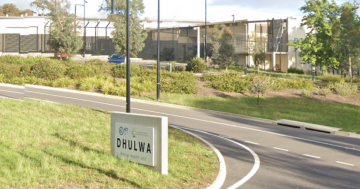
Emma Davidson MLA has announced $15 million for community mental health services. Photo: Michelle Kroll.
A WOKE program that has nothing to do with the so-called “mind virus” conservative commentators often talk about is poised for more funding and a name change.
Launched in 2019, the University of Canberra program has provided free therapy sessions for more than 100 young people aged 15 to 21 years with mental health challenges.
Despite winning an award for its evidence-based approach in 2022, WOKE has constantly battled for its survival. It was initially funded by a Commonwealth Government grant, but that was withdrawn in 2023, when the ACT Government stepped in and took over funding for the next year.
ACT Mental Health Minister Emma Davidson announced on Sunday (16 June) that funding will continue for the 2024-25 financial year, with $1.682 million allocated to a suite of child and youth mental health support programs, including WOKE.
WOKE program lead Dr Dean Buckmaster said a name change was also planned.
“Initially, the name came about as we are trying to awaken the skills inside people and respond effectively to the problems they were having in their lives. Then it evolved even more to the acronym Working on Key Emotions,” he said.
“But since then, the name has become quite polarising, it can turn some people off, so we are running a competition with our clients to change it.”
Woke was initially a positive term that African American communities started using in the 1990s to denote alertness to racial prejudice.
More recently, it has become a term of derision used by conservative commentators, who have called it a “mind virus” and used it to label left-wing activists they deem overly obsessed with trivial issues.
The new name for the Canberra program will be announced on Friday 28 June.
Under the service, young people referred from other health professionals are placed on a 14-week program that includes one-on-one and group therapy from psychologists. The aim is to teach them skills to manage difficult and distressing emotions.
“We are grateful for the funding we get from the ACT Government … but ultimately some longevity of funding would make a lot of difference to us long term, as we are trying to grow,” Dr Buckmaster said.
“The uncertainty [of funding on a one-year basis] can turn people off, you can lose good people.”
A spokeswoman for the Mental Health Minister said that while the budget allocation for WOKE was just for one year, they were looking into longer-term funding. The exact amount of funding was also not yet known.
In the lead-up to the territory election, Minister Davidson has announced there will be a total of $15 million for community mental health services over the next four years as part of the ACT Budget.

Ash Champion – AFP officer, part of the PACER team. Photo Dominic Giannini.
This includes continued funding for the Police, Ambulance, and Clinician Early Response (PACER), a multiagency team that provide mental health support for those in the community with the aim of preventing the need for a hospital stay.
Like WOKE, PACER had also been facing uncertainty about its future.
“The funding in this year’s budget ensures the continuation of services that are supporting Canberrans facing mental health challenges to get the help they need in the community,” Minister Davidson said.
“When people have early access to mental health support, they are more likely to stay healthy, engaged and connected in their community. The ACT Government is committed to providing accessible mental health and wellbeing support when and where you need it.”
According to the government, PACER teams respond to about five acute mental health jobs a day. On average, 70 per cent of people are able to avoid hospitals when they are connected to care.
Other mental health programs to be funded in the upcoming ACT Budget include MindMap Online Navigation Portal, Stepping Stones, a youth mental health promotion program and a new Aboriginal and Torres Strait Islander youth service.





















